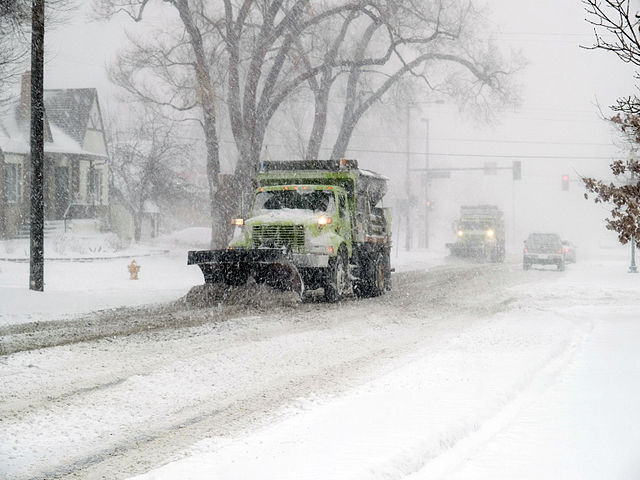A powerful weather system battered the Northeast over the weekend, leaving approximately 360,000 households without power as heavy rain, strong winds, and snow wreaked havoc across the region. The storm, which swept through the tri-state area and northern New England, caused widespread damage and disruption, with Maine, New York, and New Hampshire among the hardest hit states.
According to PowerOutage.us, which aggregates live outage data, more than 197,000 households in Maine, 81,000 in New York state, and 73,000 in New Hampshire were without power as of 6 a.m. ET Sunday. Robert Buxton, director of the New Hampshire Department of Safety's Division of Homeland Security and Emergency Management, urged residents to stay safe and keep away from downed wires, calling 911 if they come across any.
The storm's impact was felt across the region, with footage showing the Northeast blanketed in snow, downed trees in New York City, and flooded roads and highways. The New York City metro area and central and southern New Jersey received between 2 and 3 inches of rain on Saturday, while parts of northern New England experienced heavy snowfall. Landgrove, Vermont, recorded 24.5 inches of snow, while Corinth, New York, and Claremont, New Hampshire, both saw 20.5 inches.
In New Hampshire, tens of thousands of customers woke up without electricity on Sunday morning, with the reported number of outages peaking at around 76,000 customers around 8 a.m. Barnstead was one of the hardest hit communities, with more than 2,800 customers between Eversource and New Hampshire Electric Co-Op without power.
Eversource, the largest utility company in the state, reported having hundreds of crews on the system dealing with damage and more out-of-state crews on the way to help. As of Sunday morning, the company had restored power to 48,000 customers, with 32,000 of those restorations occurring in less than 5 minutes thanks to smart switches.
Officials urged residents to stay at least 35 feet away from downed power lines and to report any outages to their utility company. They also warned against the improper use of generators, which can cause carbon monoxide poisoning if not installed or run correctly.
The storm's impact extended beyond the Northeast, with Philadelphia recording its wettest March since record-keeping began in 1872. The city had received 3.06 inches of rainfall by 2 p.m. ET on Saturday. Weather conditions also caused major delays across New York City airports, with arrivals at John F. Kennedy International Airport delayed by an average of three hours as of 5 p.m. EDT, according to the Federal Aviation Administration.
Meanwhile, a separate storm system moving down the California coast brought 0.5-1 inches of rain to the Bay Area and more than 6 inches of snow to the Sierra Nevada range. The same front was expected to move east and bring heavy snow, strong winds, and possible blizzard conditions to the Northern Plains and Upper Midwest through Tuesday morning.




